Publications
Articles, publications, books, tools and multimedia features from the U.S. Institute of Peace provide the latest news, analysis, research findings, practitioner guides and reports, all related to the conflict zones and issues that are at the center of the Institute’s work to prevent and reduce violent conflict.
Question And Answer
Amid a Changing Global Order, NATO Looks East
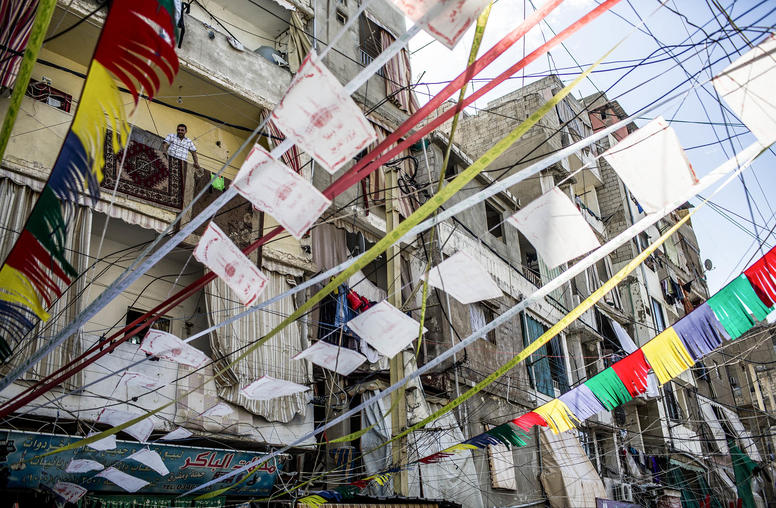
Why the Middle East is Especially Vulnerable to Coronavirus Crisis
As the world grapples with the dangerous and evolving coronavirus pandemic, the impact on the most vulnerable populations—the homeless, prison populations, and the impoverished—cannot be overestimated. In the Middle East, a region already ravaged by conflict and suffering from inadequate services and poor governance, the novel coronavirus could have untold consequences. Refugees and internally displaced people (IDPs) in the region are among the most at risk. Mitigating the impacts of the coronavirus, technically known as COVID-19, on this population will be critical to stanching the spread of the pandemic.
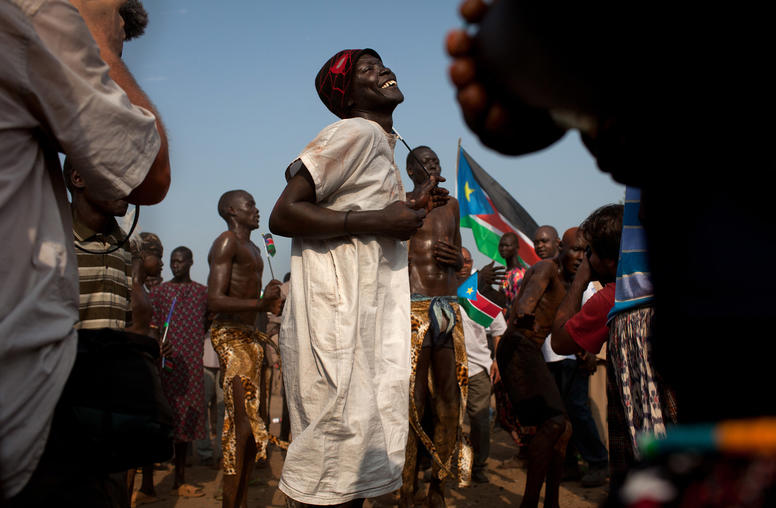
South Sudan’s Transition: Citizens’ Perception of Peace
Last month’s breakthrough between South Sudan’s government and its armed opposition on establishing a new transitional government represents a critical step toward ending the country’s civil war, a conflict that over the past six years has killed more than 400,000 people and displaced a third of the nation’s population of 12 million.
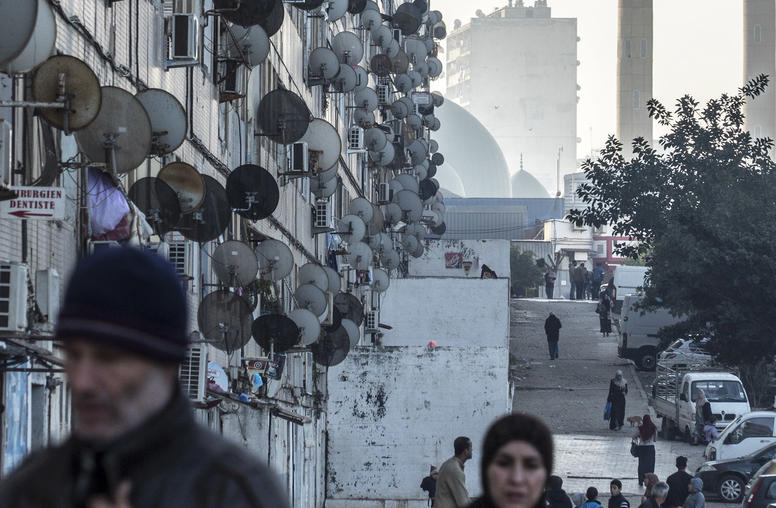
Can Algeria’s Protest Movement Bring Fundamental Change?
Last year, Algerians massed in peaceful protests against the authoritarian, 20-year presidency of Abdelaziz Bouteflika, prompting the military to force his resignation. The demonstrations have brought millions to the streets, demanding greater transparency in government and an end to pervasive corruption within the shadowy mix of military, business, and political elites who dominate the country. While the popular movement has forced once-unthinkable resignations and criminal investigations of powerful figures, its push for more a fundamental overhaul is stalled. The movement, called the Hirak, can continue its pattern of twice-weekly demonstrations, hoping for more government concessions. Or it can adapt its strategy to move beyond the current stalemate. Either approach could risk greater conflict.
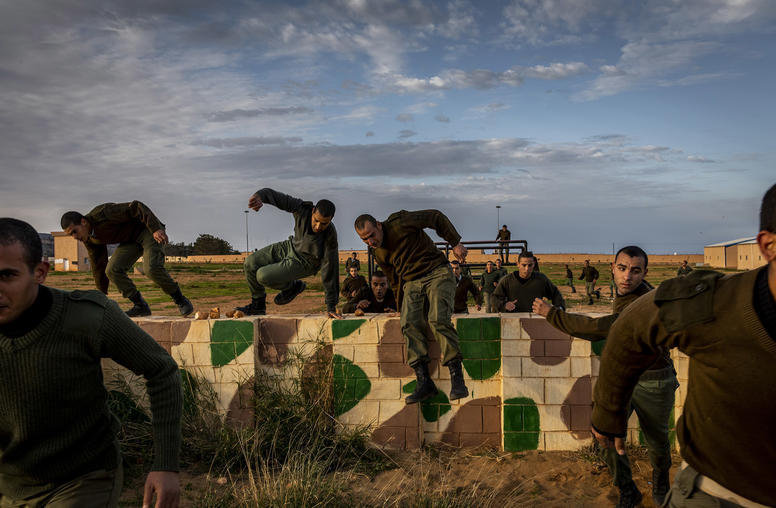
From Foreign Interference to Failed Diplomacy, Libya’s Conflict Drags On
Back in November 2019, the foreign minister of Libya’s U.N.-backed Government of National Accord (GNA), Mohammed Syala, told USIP that the key to ending Libya’s civil war was the cessation of foreign involvement. Yet, despite international efforts, foreign interference—from Turkey to the UAE, from Russia to European states—has only deepened. What’s next for Libya’s civil war and how can the U.N. and European Union (EU) play a constructive role in bringing the conflict to a close? USIP’s Nate Wilson and Thomas Hill discuss the EU’s effort to enforce an arms embargo, the impact of the conflict on Libyan society, Turkey’s involvement in Libya and more.
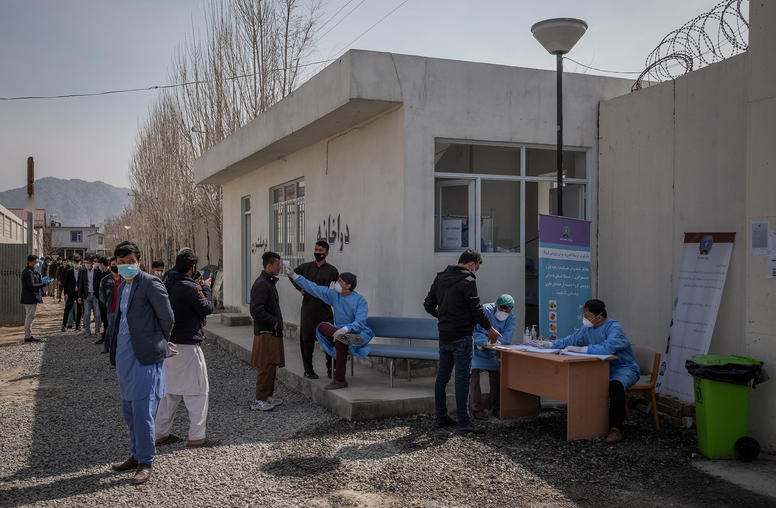
Coronavirus Poses Yet Another Challenge to the Afghan Peace Process
The Afghan peace process has been at a stalemate for weeks, as President Ashraf Ghani and the Taliban remain far apart on the logistics of prisoner releases. Intra-Afghan talks that were tentatively scheduled for March 10 have not got off the ground. Meanwhile, the disputed presidential election has led to two rival camps claiming the legitimacy to govern. U.S. Secretary of State Mike Pompeo’s effort this week to bring the parties together failed and led the U.S. to reduce aid to Afghanistan. Amid all this uncertainty, Afghanistan is beginning to see the signs of a coronavirus outbreak, which could devastate the country given its poor health infrastructure and pollution problems. USIP’s Scott Smith explains how the coronavirus could further exacerbates an already complex situation.
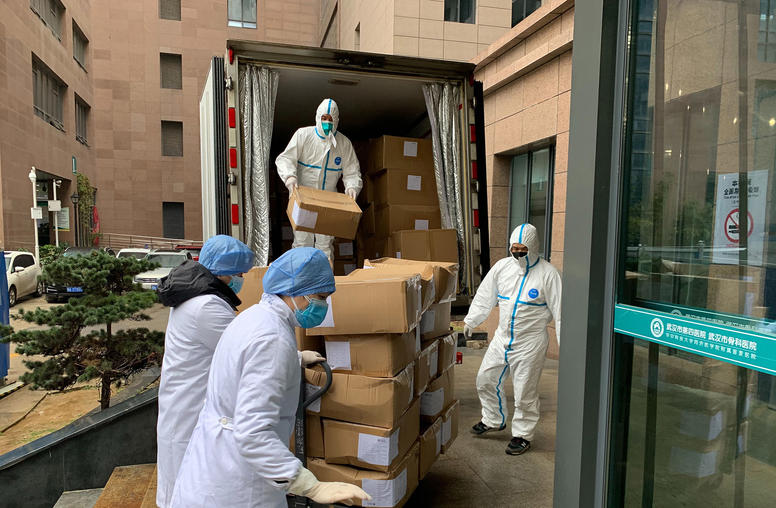
Coronavirus Crisis: U.S.-China Media War Couldn’t Come at a Worse Time
China’s move to expel U.S. journalists from the country last week comes at a time of great need for accurate information about COVID-19. The move is part of a broader Chinese effort to control the global narrative about the pandemic and is especially dangerous right now—as cracking down on foreign media further undermines trust in China’s ability to respond to the pandemic with transparency.
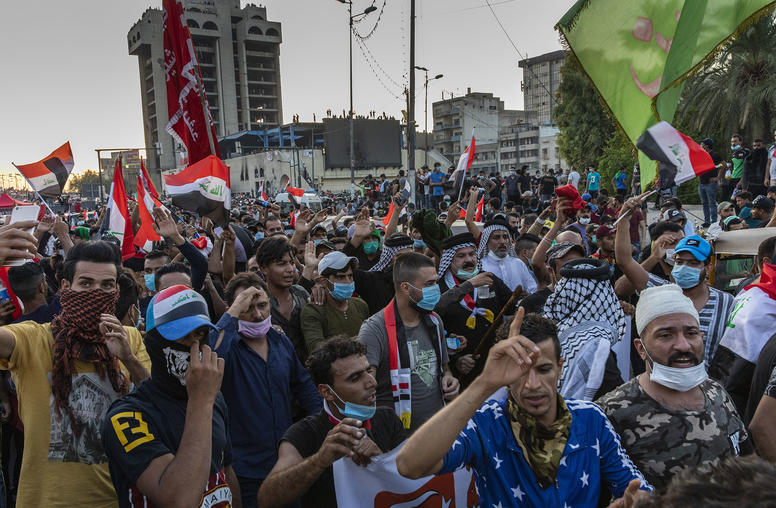
Nonviolent Action in the Time of Coronavirus
Last year saw a wave of nonviolent action movements, mostly relying on tactics of large public protests and sit-ins as people took to the streets from Hong Kong to Chile to demand greater democracy, economic equality, and social justice. Some of these movements, like the revolution that successfully ousted Sudan’s longtime authoritarian ruler Omar al-Bashir, achieved many of their goals. Others, like the pro-democracy movement in Hong Kong, were still seeking major demands from the government when news of the rapid spread of a novel coronavirus began coming out of central China.
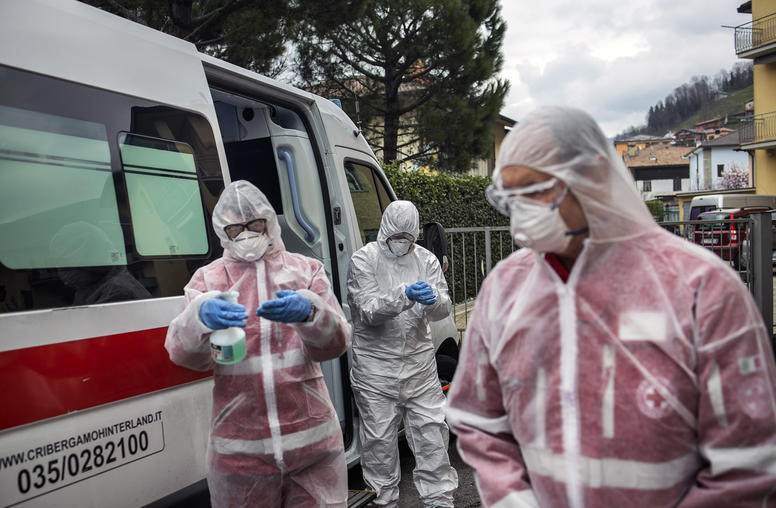
Coronavirus Puts Systems for International Cooperation to the Test
The spread of infectious diseases can foster opportunities for international cooperation, even between rivals. During the Cold War, for example, American and Soviet scientists collaborated to develop and improve a polio vaccine. The unprecedented challenges posed by the novel coronavirus pandemic put in stark relief the need for enhanced international cooperation. What role can the United States play in building such cooperation? In his 2011 book “Pandemics and Peace,” published in 2011 by USIP Press, Dr. William Long contended that infectious disease control presents an unparalleled opportunity for American leadership in global public health. Long looks back at the recommendations he made for U.S. global health policy and how they are relevant today and at how other outbreaks in recent years have led to increased cooperation.
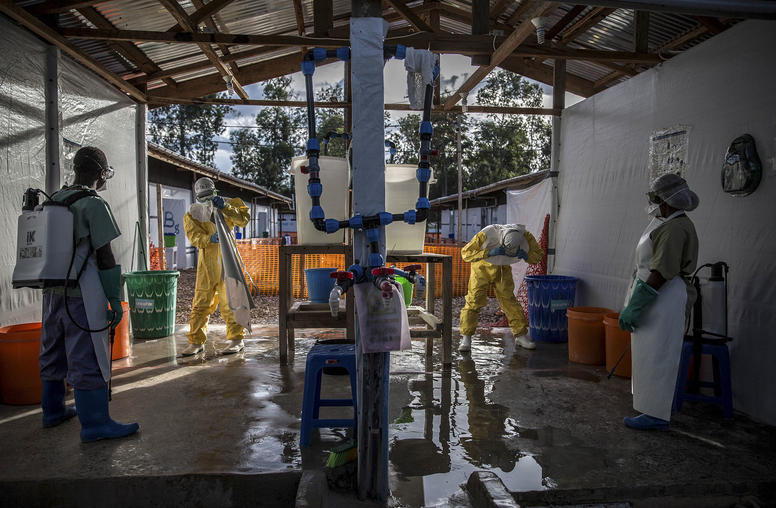
Four Lessons from Outbreaks in Africa for the Age of Coronavirus
As the coronavirus pandemic continues and new behavioral practices—from social distancing to avoiding handshakes and hugs—become expected norms overnight, there are crucial policy lessons to be learned from struggles against previous outbreaks of disease in Africa. Despite widespread poverty, weak infrastructure, and relatively few health professionals, there is an encouraging, long record of African countries—often with significant international assistance and cooperation—eventually managing to overcome dire health challenges. For non-African countries already facing large numbers of COVID-19 infections, as well as for African countries where the epidemic is now at an early stage, policymakers would do well to recall these four lessons of past epidemics—of both what to do and, perhaps almost as importantly, what not to do to confront this global threat.
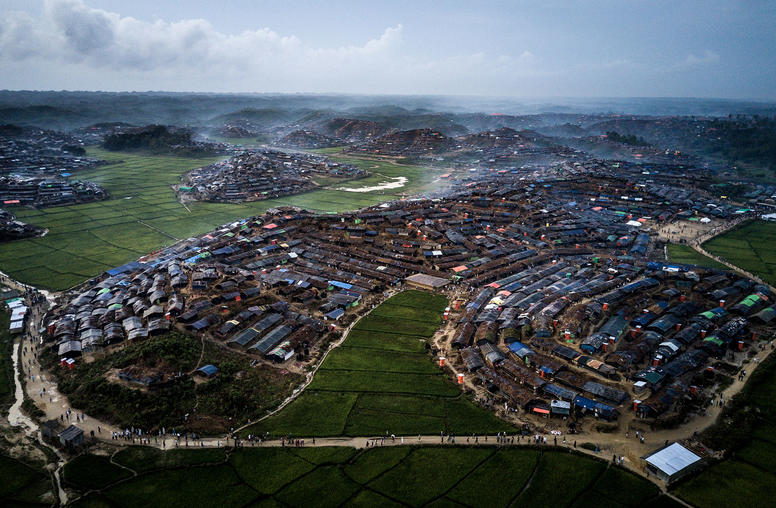
The Coronavirus Requires Global Cooperation—Now
As the world’s privileged cope with the COVID pandemic through telework and sheltering at home, millions of people face grim struggles for survival, packed into informal settlements or camps for people already displaced in war-torn or fragile states. Governments have missed opportunities for a stronger international response, partly because of great-power rivalries. The economically powerful Group of 20 nations and international financial institutions have made a start at buoying the world’s economy—but other multilateral forums are mired in stasis. The U.N. Security Council should act to get ahead of the pandemic in fragile states and seize the moment to advance peace in some of the world’s most intractable conflicts.